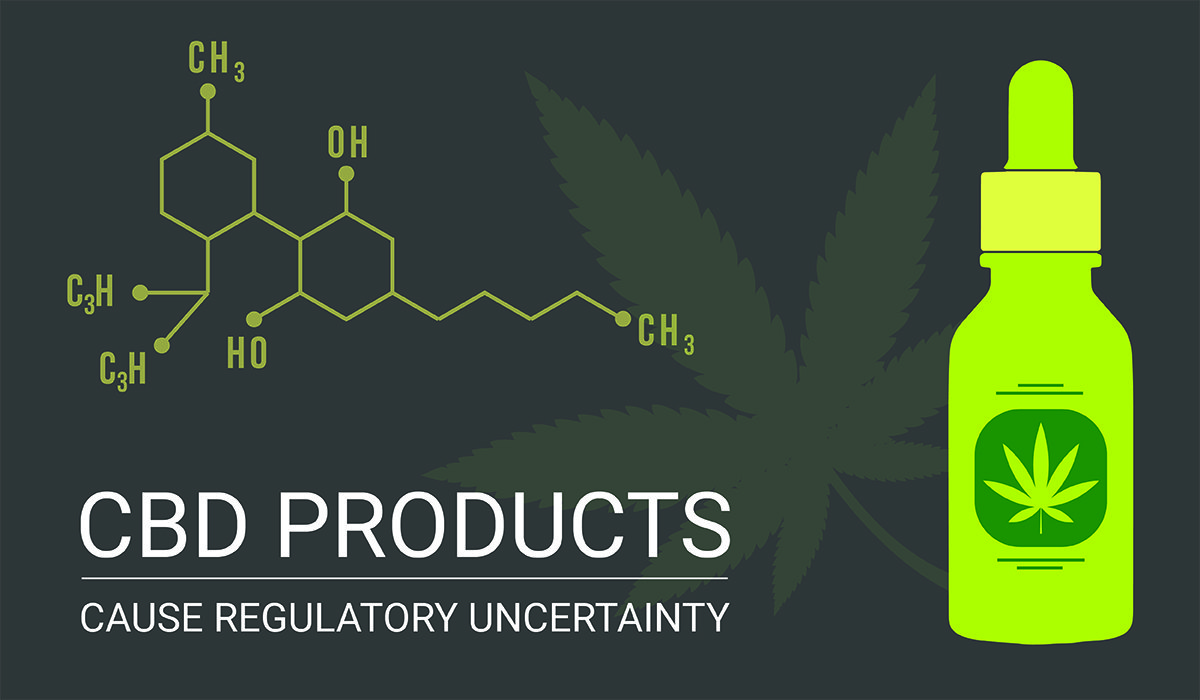Since the passage of the 2018 Farm Bill, CBD-infused food and drink products have taken the marketplace by storm. You’ve probably seen it yourself in the grocery store – shelves featuring chocolate, tea, candy, and other edibles containing cannabidiol. These products are often impermissibly marketed to treat everything from anxiety to joint pain to cancer.
Although hemp-derived CBD is no longer considered a federal controlled substance, FDA still prohibits its use in food, drinks, dietary supplements, and ingestible animal products. Because of their immense popularity, the agency promised to explore ways that these products could be legally marketed in the future, but – to date – these products remain illegal.
For example, in Idaho, CBD cannot contain any THC and must be derived from one of the five identified parts of the cannabis plant. Otherwise, it is illegal. Meanwhile, in Louisiana, CBD retailers must obtain a permit from the state’s Office of Alcohol and Tobacco Control and all products must be registered with the Louisiana Department of Health.
What can pharmacists do until state regulations and federal policies are in sync? Below are a few talking points for patients:
- CBD-infused food, drinks, and dietary supplements remain federally illegal.
- Claims that a CBD supplement or food cures cancer or other illnesses are misleading – and illegal.
- Because CBD dietary supplements are not FDA approved, you cannot necessarily trust their ingredient labels.
- It could interact with other medicines you take.
Also, FDA invites stakeholders to submit comments, data, and other CBD information to a public docket to help fill in data gaps and possibly shape future legislation. View the Federal Register notice to learn how to submit comments.
And finally, the boards of pharmacy are also available to answer any CBD-related questions you may have. Bookmark your board’s website to check for updates, because laws are constantly changing.
